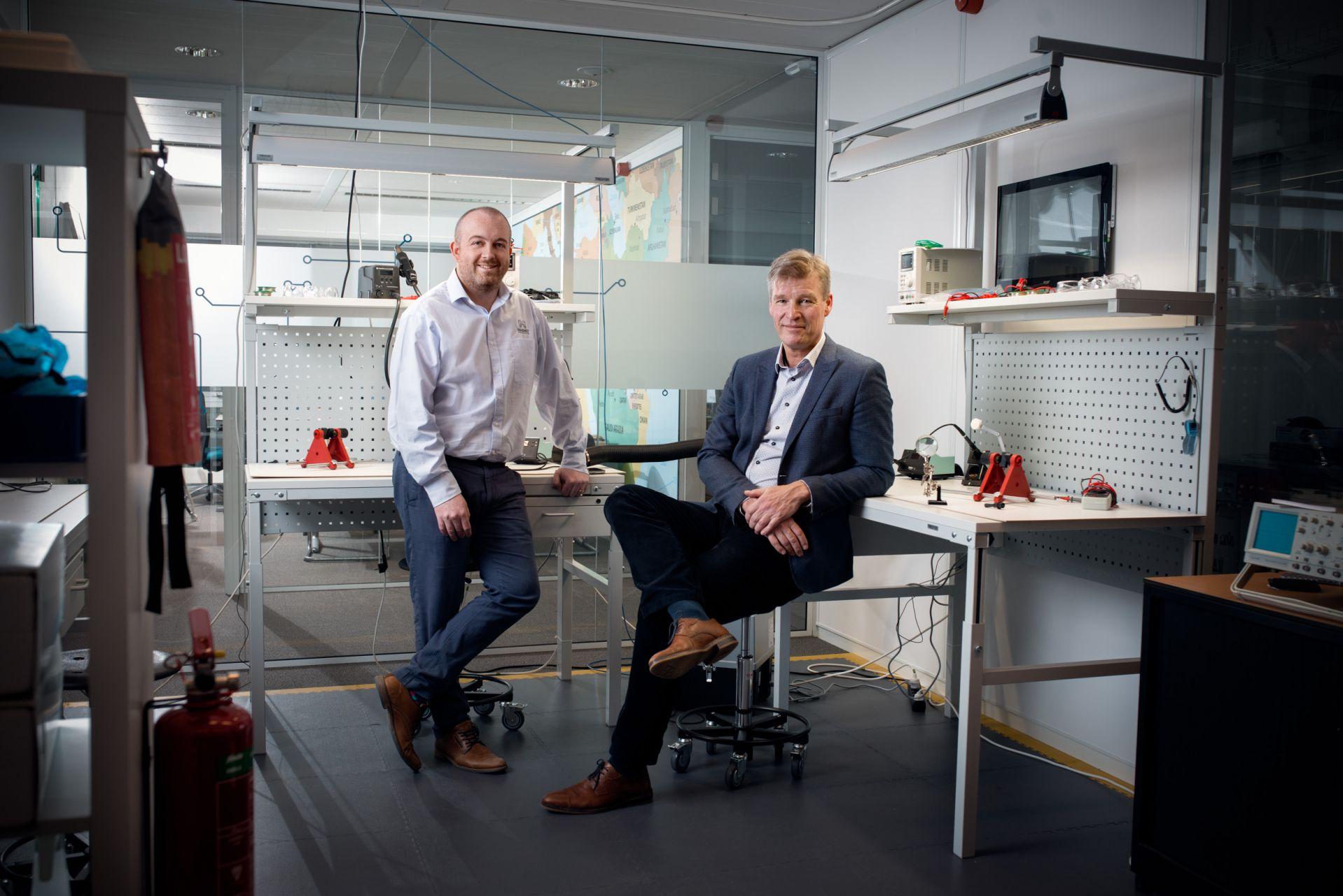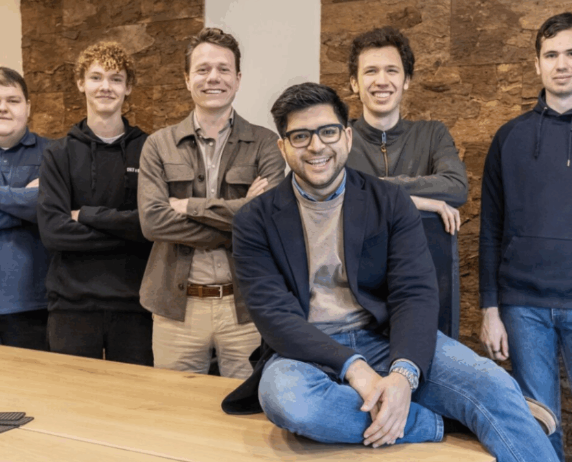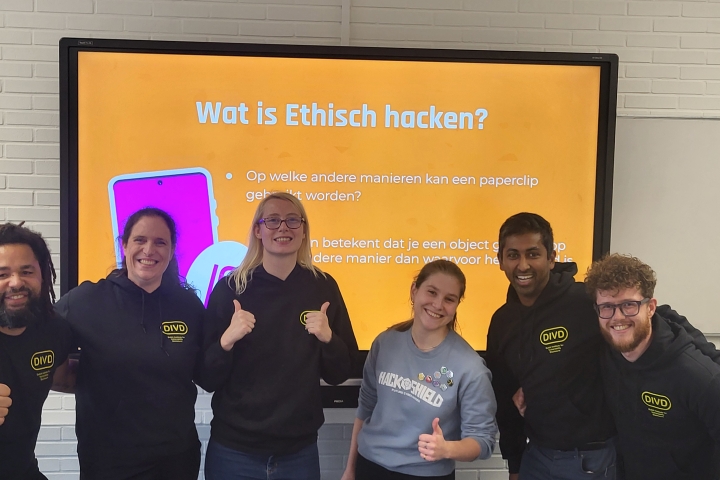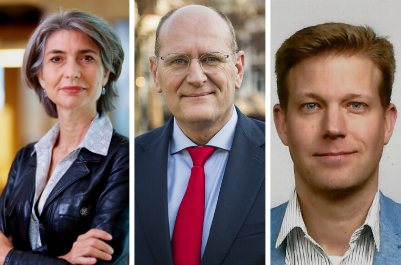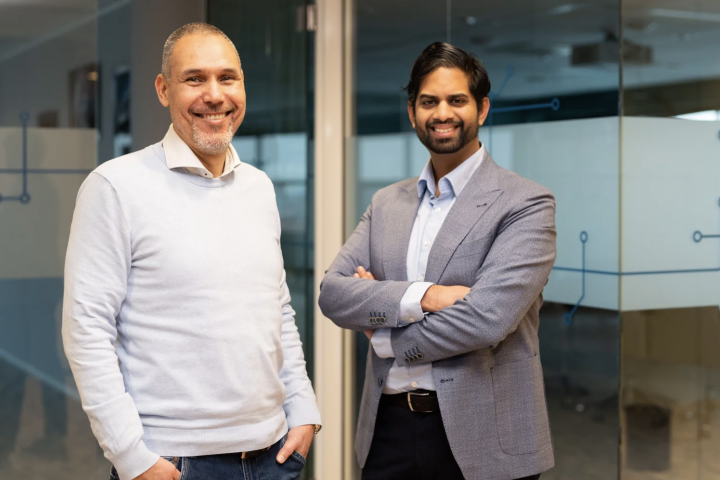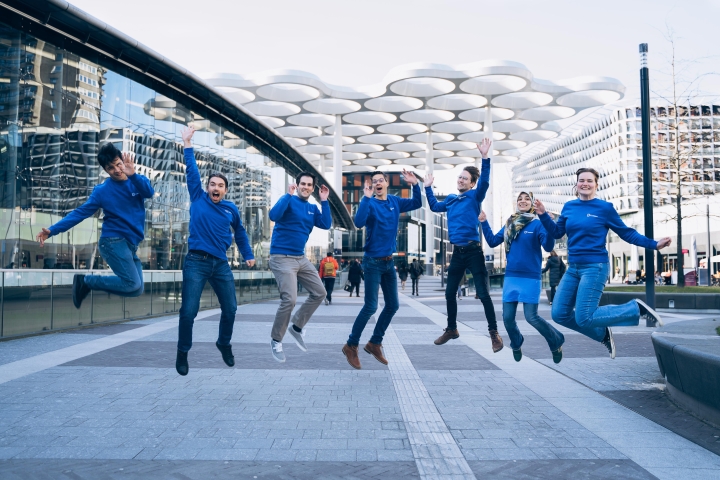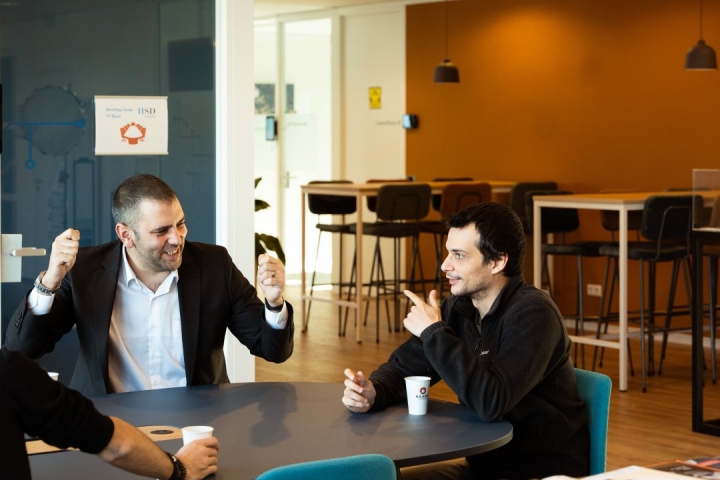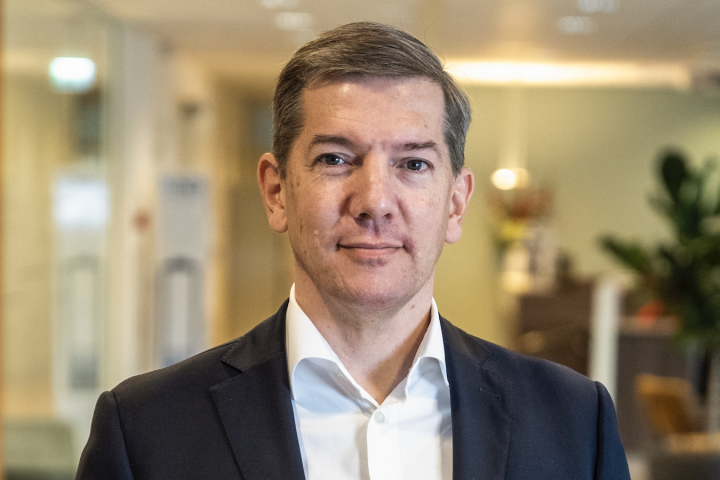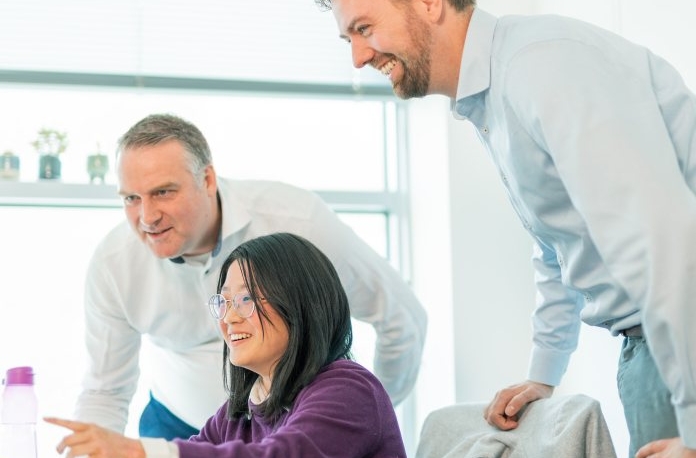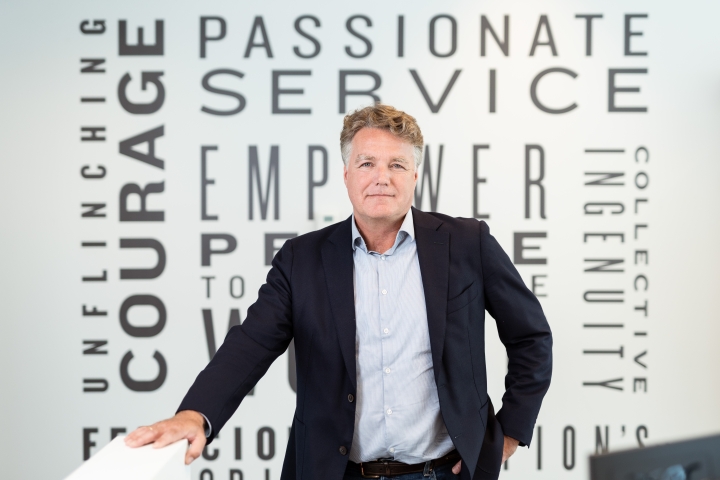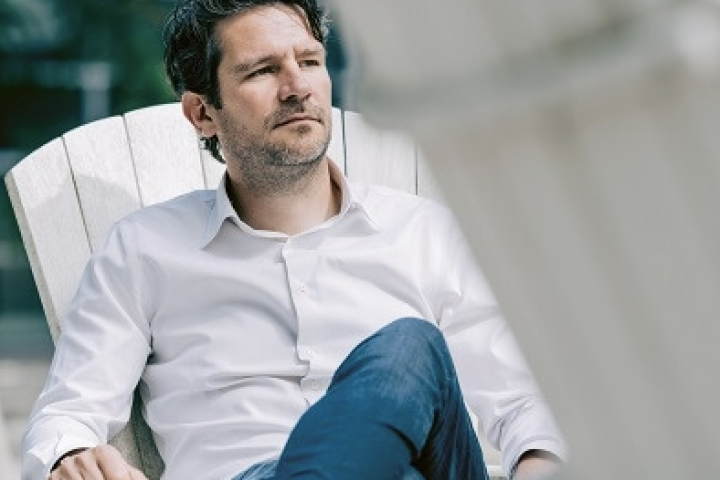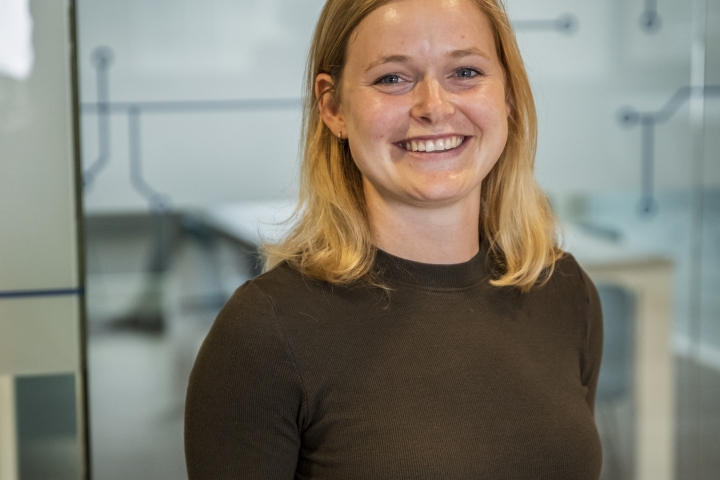Why Canadian Company Magnet Forensics Decided to Settle in The Hague
It was the pedometer that gave him away. Tennis coach Mark de J. was suspected of killing entrepreneur Koen Everink. De J. claimed that at the time of the murder he was being held in a back seat, but his pedometer told a different story. Just one example of digital evidence helping to solve a case. Hans Henseler and Carl Tinker of Magnet Forensics expect this type of information will in future be part of all police investigations. It is therefore high time that not only digital forensics specialists but also regular investigators had the opportunity to review digital evidence. Magnet’s intuitive assessment tool - Magnet REVIEW - makes this possible.
What makes Magnet Forensics so innovative?
"What makes Magnet REVIEW so good is that the tool works intuitively," says Carl Tinker, sales director at Magnet Forensics. "For instance, anyone can order a football shirt on Amazon. You select the correct size and the right colour, team and fabric. Magnet REVIEW is equally user-friendly. In the left column, investigators can click on e-mail, chat, photos and documents. It lets them easily examine the digital evidence and assess its relevance to the case."
Tinker adds, "When digital forensics first emerged, a group of experts sat in a corner and that’s where you would send the digital evidence. Nowadays, these experts still unlock the raw data, but the detectives are the ones that assess the evidence because they have knowledge of the suspects and the timeline of events."
In 2018, the Canadian company Magnet Forensics acquired the product Tracks Inspector as well as the team of the Dutch firm that went by the same name. Tracks Inspector had, among other things, developed the well-known chatbot Sweetie for researchers at Terre des Hommes. With Magnet Forensics, Tracks Inspector has now become Magnet REVIEW.
How has InnovationQuarter contributed to the establishment of Magnet Forensics in The Hague?
"About 20 months ago when in Canada, we met Chris van Voorden, head of Foreign Investments at InnovationQuarter," says Carl Tinker. "Chris told us about the soft landing programme that InnovationQuarter organises in conjunction with the Canadian embassy and HSD. This initiative is for Canadian companies that want to become acquainted with the West Holland ecosystem."
Tinker explains that Magnetic Forensics was at the time still thinking of the United Kingdom as the location for its EMEA headquarters: “Although we had clients in the Netherlands, we did not have any strategic contact until Chris and account manager Philip introduced us to potential partners and the Dutch security cluster HSD. We then started scratching our heads because access to the European market is much better from the Netherlands than from the UK. And Brexit was coming too.” So, the company decided to settle in The Hague.
What is the social impact of Magnet Forensics?
Magnet Forensics began life on the work floor. The Canadian police officer Jad Saliba, who himself has a background in IT, was disturbed by the fact that his colleagues worked so little with digital evidence. Digital specialists were overloaded and investigators had not mastered the complex digital forensics tools that were available.
Saliba therefore built a tool that allowed non-technical colleagues to analyse digital evidence. His company, Magnet Forensics, now employs 220 people. But in his heart, Saliba is still a law enforcement officer with a strong social mission: seeking justice and protecting the innocent.
What does the future look like?
"We want to grow," replies Hans Henseler, co-founder of Tracks Inspector and now director of Magnet REVIEW at Magnet Forensics. "We hope to increase our turnover fivefold, but we are also growing in terms of staff: this year, we will go from five to nine FTEs. And if we add staff for support and training, we need to think along the lines of 12 employees in total."
Henseler lectures on digital forensics at Leiden University of Applied Sciences one day a week. He says, "What Magnet does will only become more relevant over time as there are many things that people are quite poor at but which machines excel at. You cannot stop the current trend."
Source: InnovationQuarter
Picture taken by: Mark David

